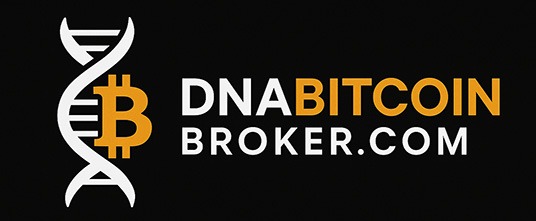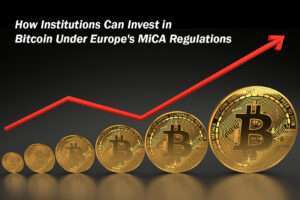Transforming Real Estate Investment with Blockchain Tokenization
The real estate investment landscape is poised for a ground-breaking transformation, all thanks to the innovative potential of Blockchain technology. As investors seek more efficient, transparent, and accessible avenues into the property market, Blockchain Tokenization is a typical game-changer.
At its core, Blockchain Tokenization turns physical assets—like real estate properties—into digital tokens stored on a Blockchain. Think of each token as a share of ownership in a property. Instead of coughing up the total price for an entire building or home, you can snag a fraction through these digital tokens. This democratises access to real estate investments and enhances liquidity, making buying and selling shares a straightforward process.
In 2024, real estate Tokenization is gaining serious traction as institutional investors, like asset managers and pension funds, dive in. More players are getting on board, and more transparent regulations are boosting confidence, and it’s easy to see why.
Benefits of Tokenization in Real Estate
-
- – Increased Liquidity: If you’ve ever tried selling a property, you know it can feel like an eternity and cost you an arm and a leg. Traditional real estate investments often require substantial upfront payments and can take a considerable amount of time to sell. Tokenization flips the script, allowing you to buy and sell shares of properties with ease. This means investors can enjoy greater liquidity and flexibility in managing their portfolios.
-
- – Lower Barriers to Entry: One of the most exciting aspects of Tokenization is that it lets you invest in real estate without needing a treasure chest of cash. By enabling fractional ownership, you can own a slice of a property instead of the whole pie. This opens the door to property investment for a broader range of investors.
-
- – Enhanced Transparency and Security: Blockchain technology records all transactions on a secure and transparent ledger. This allows investors to verify ownership and track a property’s history with smart contracts. It significantly reduces the risk of fraud and builds trust in the investment process.
-
- – Global Reach: Blockchain Tokenization connects investors worldwide. No matter where you are, you can dive into real estate markets, broadening the pool of potential investors and sparking healthy competition.
-
- – Efficiency in Transactions: Tokenized real estate transactions streamline the buying and selling by automating tasks through smart contracts. This means you can often skip the middlemen—like brokers or lawyers—resulting in lower transaction costs and faster settlements for the parties involved.
What’s Next for Real Estate Investment?
As Blockchain technology evolves, so does its potential to revolutionise real estate investing. With more properties being Tokenized, diversifying your investment portfolio will become more accessible. This diversification can lead to more stable returns, helping you manage risks more effectively.
That said, a few hurdles remain:
-
- – Regulations: Different regions have different real estate laws, and setting clear rules for Tokenized assets is critical to making the system work.
-
- – Education: People have yet to embrace Blockchain and Tokenization fully. Investors will find it more attractive by spreading the word and making the technology widespread.
-
- – Tech Integration: Blockchain must be adopted in ways that maintain the use of real estate terminology. Enterprise companies must adopt proper technology to integrate traditional methods with innovative ones.
Ultimately, Blockchain Tokenization is poised to revolutionize real estate investment, making it more inclusive, efficient and transparent. As awareness of this technology grows and continues to evolve, the possibilities for property investment are set to expand dramatically. For those contemplating entering the real estate market, this could mark the dawn of an exciting new chapter.
Image Source: Adobe Stock
Disclaimer: This article is provided for informational purposes only. It is not offered or intended to be used for legal, tax, investment, or financial advice.












